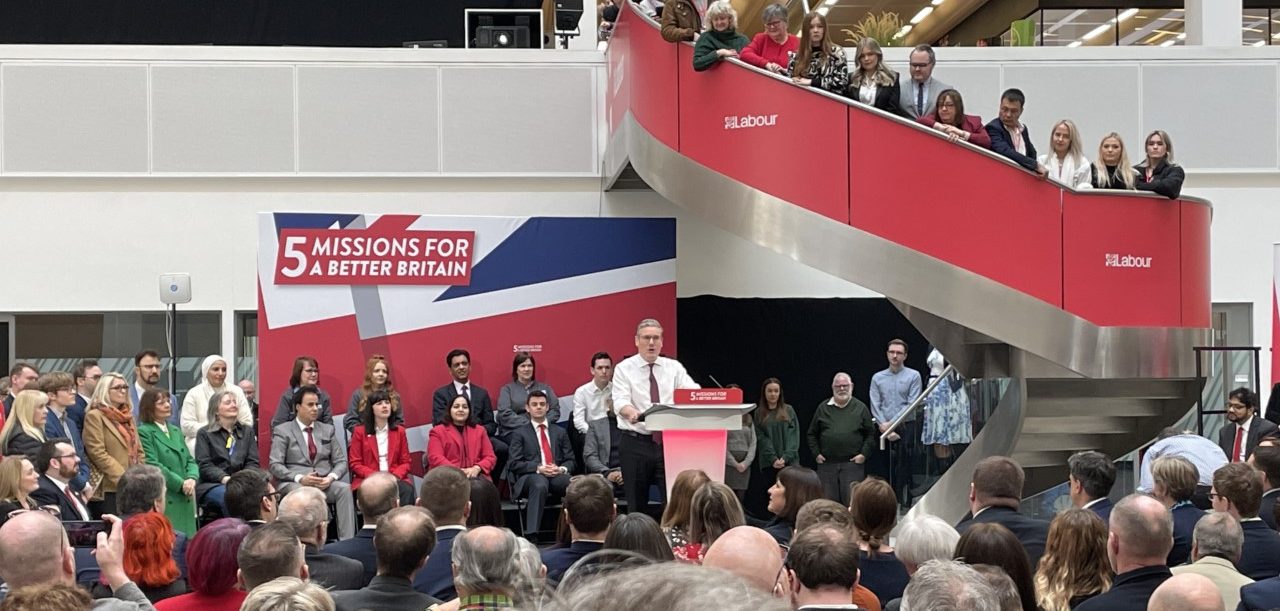
Reaction has flooded in from across social media over the last week following Keir Starmer’s five-point plan for a future Labour government, which he delivered in Manchester last week (Feb 23).
Starmer said these missions will form the ‘backbone’ of his party’s manifesto for the next general election, due before January 2025.
The five-points of his plan were:
- Highest growth in the G7
- An NHS fit for the future
- Make streets safe
- Break down barriers to opportunity
- UK to become a ‘clean energy superpower’
Starmer said: “We’ll unlock the pride and purpose that is in every community, we’ll give this country it’s confidence, it’s hope, it’s future back.”
The Labour leader often referenced his ‘bold’ vision for the country, but there were calls for him to go further.
Sharon Graham, General Secretary of Unite, said in a statement: “Labour still needs to be bolder. It must offer a very clear, tangible response to the [wage, rent and energy] crisis that people can understand and get behind.”
There are also concerns that an unbridled pursuit of growth could hamper environmental goals.
Carla Denyer, co-leader of the Green Party, said in a statement: “His [Starmer’s] prioritisation of growth, seeking to put the UK economy at the top of the G7 table, made no mention of what limits there can be to such growth.
“Economic growth for its own sake will mean supercharging environmentally destructive industries.”
Starmer’s fresh commitment on crime, evoking former Labour prime minister Tony Blair’s ‘tough on crime, tough on the causes of crime’ was appreciated from within his party.
Jess Phillips, MP for Birmingham Yardley, said on Twitter: “Today Keir made tackling violence against women and girls one of our party’s 5 pledges.
“Core to our mission, front and centre.”
The pledges are expected to form a considerable part of Labour’s manifesto for the next general election, but are also a vital component of the vision that local councillors will look to outline to constituents on the doorstep ahead of the local elections in May this year.
The local elections will be the first time in England that ID will be required by voters to cast their vote.
More information on the ID requirements to vote is available here.
